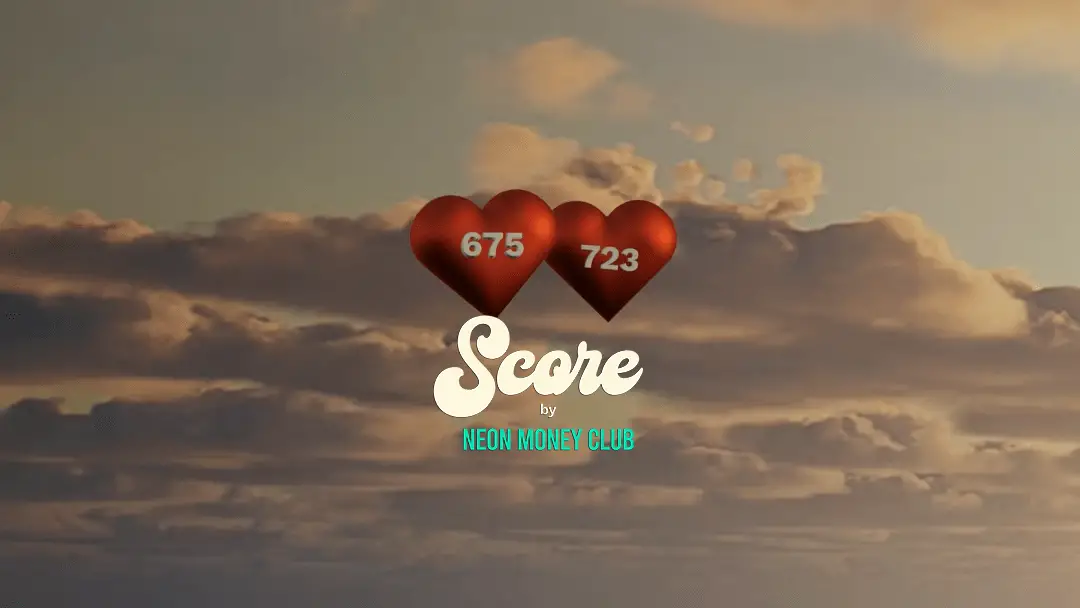Score, the dating app for people with good to excellent credit, shut down in early August, the company confirmed to TechCrunch.
Score was only supposed to be a pop-up app, as TechCrunch previously reported, and was only supposed to be around for 90 days. This was back in February. But it received so much user interest that parent company Neon Money Club decided to keep it open for six months. In that time it racked up around 18,000 users, made 8,000 matches, and gathered a lot of insights on the current dating scene, the company told TechCrunch.
“Score was started to make people aware of their credit health and to start a bigger conversation around that,” Luke Bailey, co-founder of Neon Money Club, told TechCrunch. “We accomplished our goal. We let everyone know from the start that this was intended to be temporary.”
When asked about a possible acquisition, Bailey added that “bigger dating companies have their hands full trying to keep dating apps relevant.”
“What Score showed was that people have a thirst for lifestyle apps that have a bigger goal other than being exclusive or simply connecting people,” he said. “We’re happy to let one of the leaders in this space acquire our teachings and learnings. Call me.”
Score did get a bunch of data, however, that paints an interesting picture of the current dating scene. (It did not keep any sensitive information from users and had a strict background check in line with its banking compliance background, the company confirmed) According to its data, millennial users had the highest credit scores of all groups, as well as the highest gap in credit scores between genders: millennial men had a score 11% higher than women on average. The company also said that Generation Z might be closing that gap, with men having just around 3% higher credit scores than women. Gen X, meanwhile, had the smallest gap between genders on the app at just 0.4%.
“The most alarming data point we saw was that 11% credit score advantage millennial men had over millennial women,” Bailey said. “It tells an important story of how the most educated generation of women in history was impacted by the exuberant costs of achieving this milestone: college costs, student loans. It tells a story of how this has affected their credit health. Lower disparities among Gen Z show hope that maybe the next generation will find a way to get around this burden.” He hopes that policymakers can look more into this and find ways to help close this economic gender gap, he said.
The app caused much debate after its initial launch in February, with some praising the idea while others called it classist. Bailey pushed back on the idea of classism at the time; he did it again with the announcement of the app shutting down. He said that anyone who calls the app classist did not read the mission behind it, and that the app connected a lot of good people who were looking to prioritize financial health; made people more aware of their credit health; and connected people to educational resources to help them with their credit journeys.
“The first and most important thing they learned is what we wanted them to learn: their credit score,” Bailey said.
Neon Money Club launched in 2021 to help teach about financial literacy. Last year it became the first Black-owned tech business to launch a credit card with AMEX. Luke says the company will probably not create another dating app, but said he wouldn’t be surprised if the company came up “with another crazy way to shed light on the importance of financial wellness.”
That said, Neon Money Club does have some new projects coming up, such as building more experiences around its AMEX card, its Time investing account, and a new wellness studio.
“We’re currently developing powerful content — in our own signature way — that we think will have a major impact in the financial space and beyond,” Bailey said. “Stay tuned.”










